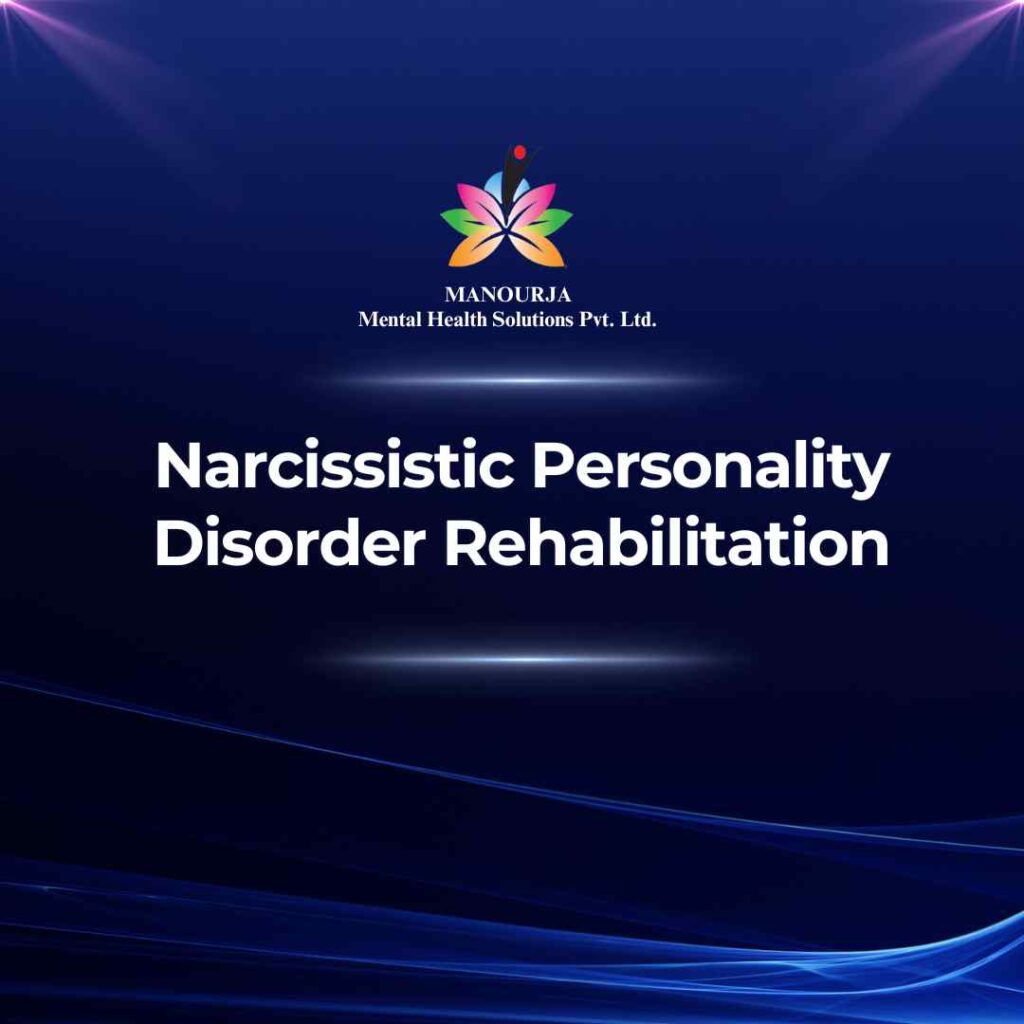Narcissistic Personality Disorder Rehabilitation

Narcissistic Personality Disorder (NPD) is characterized by a long-standing pattern of grandiosity (either in fantasy or actual behavior), an overwhelming need for admiration, and most often a complete lack of empathy toward others. People with this disorder often believe they are of primary importance in everybody’s life or to anyone they meet. Understanding the symptoms and appropriate interventions is crucial for effective treatment and management.
Signs and Symptoms of Narcissistic Personality Disorder
- Grandiosity with Expectations of Superior Treatment: Belief in one’s exceptionalism and entitlement to special treatment.
- Preoccupation with Fantasies of Success, Power, Brilliance: Frequent daydreams about achieving great things that are often unrealistic.
- Need for Excessive Admiration: Regularly seeking excessive praise and attention.
- Sense of Entitlement: Expecting favorable treatment or automatic compliance with his or her expectations.
- Interpersonally Exploitative Behavior: Taking advantage of others to achieve personal ends.
- Lack of Empathy: Unwillingness to recognize or identify with the feelings and needs of others.
- Envy of Others or Belief That Others Are Envious of Them: Feelings of envy towards others’ achievements and advantages, or belief that others are envious of them.
- Demonstration of Arrogant and Haughty Behaviors or Attitudes: Often rude and dismissive of others, displaying a superior attitude.
Indicators for Outpatient Psychosocial Rehabilitation (OPD)
- Individuals who exhibit mild to moderate symptoms that do not severely impact their daily functioning or pose a risk to themselves or others.
- Stable living situation and support system that can accommodate outpatient treatment schedules.
- Commitment to attend scheduled therapy sessions and actively engage in the treatment process.
Indicators for Inpatient Psychosocial Rehabilitation (IPD)
- Severe narcissistic traits that lead to significant impairment in social, occupational, or other important areas of functioning.
- Co-occurring mental health conditions such as depression or substance abuse that require a structured environment for stabilization.
- History of inability to adhere to outpatient treatment plans or when there is a risk of harm to oneself or others.
Factors Influencing the Decision
- Severity and impact of the narcissistic behaviors.
- The individual’s risk to self and others.
- Previous response to treatments.
- Availability and robustness of support systems.
How Psychosocial Rehabilitation Aids in Treating Narcissistic Personality Disorder
Psychosocial rehabilitation aims to build healthier relationships, enhance empathy, and adjust the grandiose self-image to align more with reality. It helps individuals understand and regulate their emotions, and develop better interpersonal skills.
Specific Techniques and Approaches at MANOURJA
- Cognitive Behavioral Therapy (CBT): To challenge and modify grandiose thoughts, entitlement, and sensitivity to criticism.
- Schema Therapy: Focuses on changing deep-rooted patterns and addressing vulnerabilities that lie behind the arrogant facade.
- Group Therapy: Provides a platform to interact with others in a safe setting, which helps develop empathy and reduce feelings of envy and competition.
- Psychoeducation: Teaches about the disorder and its impact on interpersonal relationships and self-perception.
Steps in Psychosocial Rehabilitation at MANOURJA
- Comprehensive Evaluation: To assess the personality traits, severity of symptoms, and overall psychological functioning.
- Development of a Treatment Plan: Tailored to address specific needs and goals of the individual.
- Engagement in Therapeutic Interventions: Regular sessions focusing on CBT, schema therapy, and other relevant therapies.
- Ongoing Assessment and Adjustment: Monitoring progress and making necessary adjustments to the treatment approach.
- Support System Strengthening: Working with family members and close associates to create a supportive environment.
“Every day brings a new opportunity for growth and change.”
